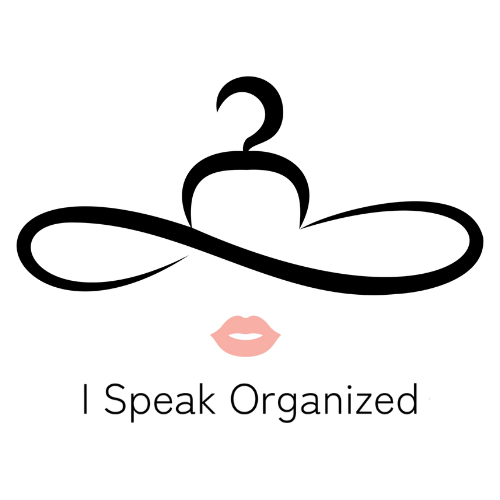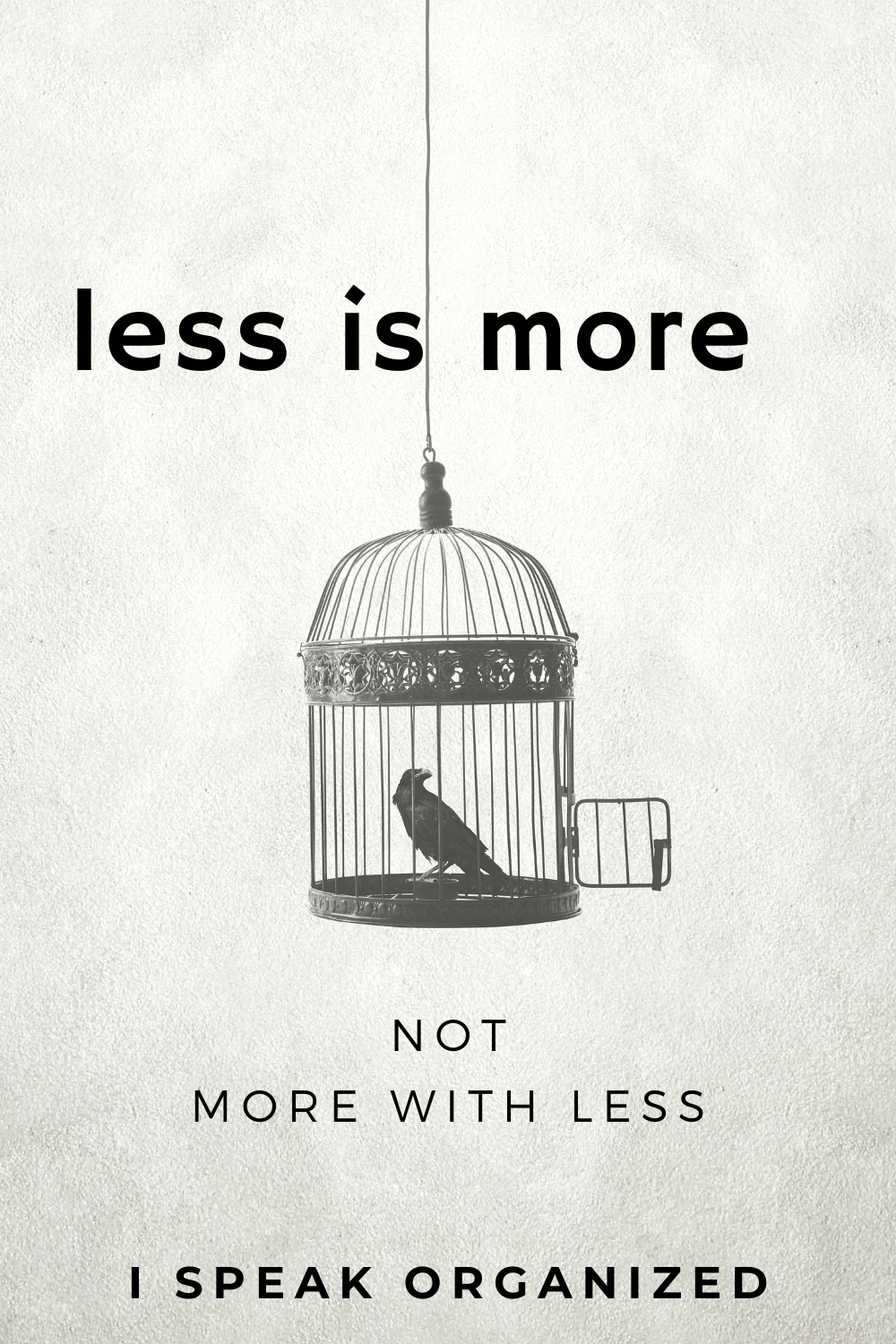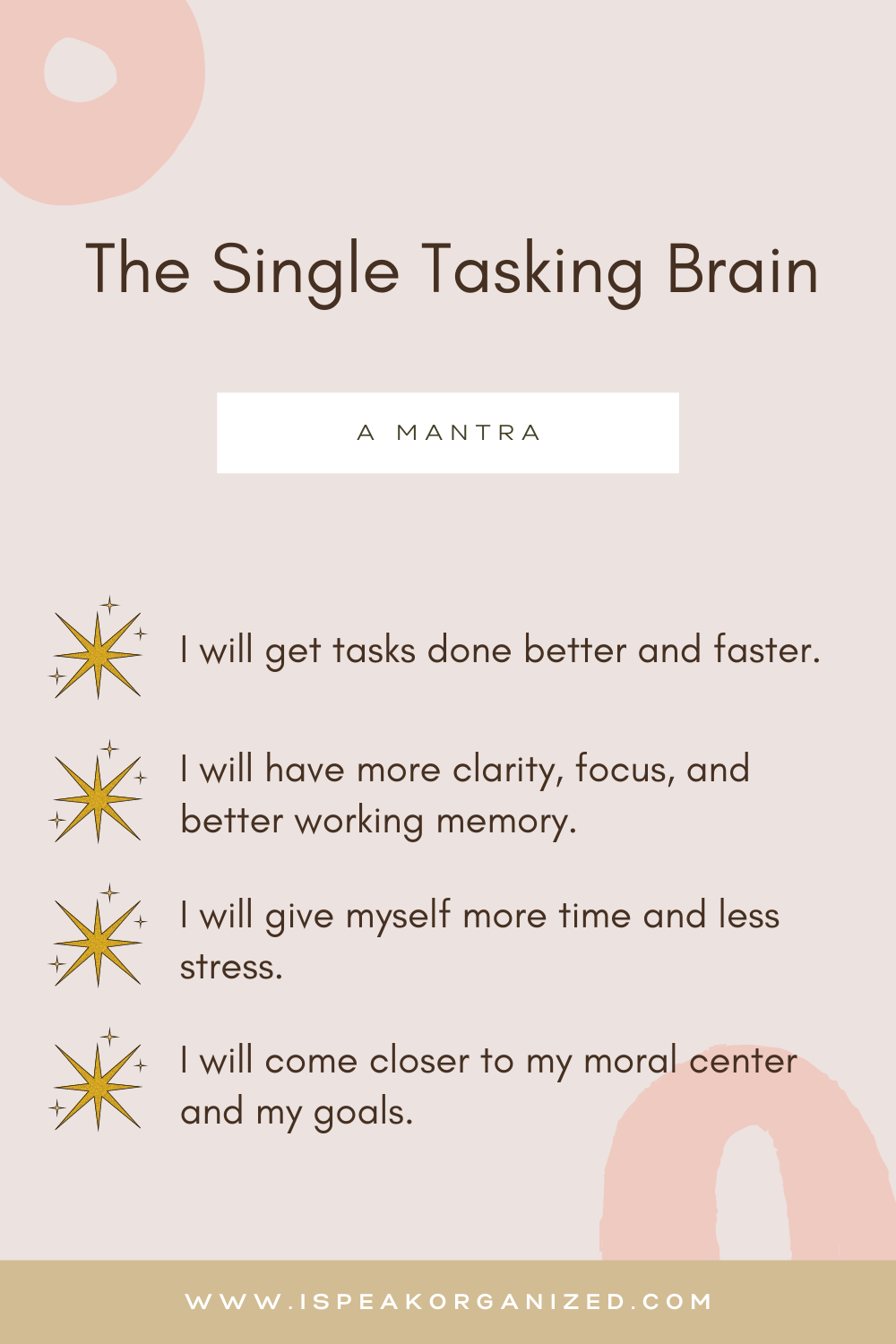5 Benefits of the Single Tasking Brain
4 minute read
Mantra for the Single Tasking Brain
I will get tasks done better and faster.
I will have more clarity, focus, and better working memory.
I will give myself more time and less stress.
I will come closer to my moral center and my goals.
Single tasking or mono tasking is productivity’s answer to mindfulness. You’ll produce high-quality work in a short amount of time if you focus on completing one task, one step at a time. I know that you, my lovely reader, may already fully know this simple mindset, but do you practice it? I’m beyond guilty of neglecting mindfulness in important work. Shoot, as I glance up at my browser toolbar, I’ve currently got four tabs open.
Let me close those real quick…
Our culture today praises “do more with less.”
We want an instant transformation - a magic program where everything is done for you and it’s done quickly with maximum results. I’ve seen this happen in many corporate environments. The best numbers in the shortest amount of time or the highest turn over bring glorious reward. Other aspects of quality and hard work can be ignored.
Social media highlights much of the same. Influencers go to great lengths to put their best foot forward, so to speak. Looking at Instagram you might see - The house is perfect! They have 9 kids, bake their own bread, and have time to perfectly apply false lashes by 5:30 AM every single day. All the gurus can earn you seven figures with their proven program AND you can do it in 30 days! Everyone is trying to do more with less or at least appear that way. However, I’ve noticed smart influencers with staying power are getting wise to portray a bit more reality in their feeds (thank you, finally!)
To my former point, this all shows a culture that praises the act of multitasking through “more with less,” usually without meaning to. By now, we all know that multitasking isn’t possible. Your brain cannot process multiple things simultaneously. So basically, we are asking our brains to jump frantically back and forth between activities.
“The human mind is a wandering mind, and a wandering mind is an unhappy mind.”
Matthew Killingsworth and Daniel Gilbert are psychologists at Harvard University and they conducted a study concluding that people spend almost 50% of their waking hours thinking about something other than what they are currently doing.The effects of this statistic show that multitasking makes people very unhappy. There’s little sense of fulfillment when you haphazardly piece together a task, and a constant undercurrent of stress through your brain switching gears constantly.
To go deeper into the psychological effect, multitasking trains your brain to function in a more sporadic way. Bouncing back-and-forth feels exciting and productive, which can trigger that feel-good dopamine. It’s addictive and puts a temporary bandage on our aversion to boredom and social anxiety.
Although there’s not enough information to determine the long-term effects of this, another psychology article from Stanford in 2018 suggests that people who frequently engage in multiple types of media at once perform worse on working memory tasks and attention span. This way of working, studying, and living could be seriously damaging our memory.
The revival of our attention span.
Our brain is like a muscle, and it needs training. It needs regular intervals of strength training and rest. Single-tasking for most of us is not natural, it’s hard and often feels uncomfortable, especially if we aren’t used to it. It almost can feel claustrophobic. However, just as cardiovascular exercise is hard and makes us tired and sore, ultimately we know it’s good for us. Single-tasking is the same way. It helps our brains train to enter that state of flow, feel less stress, and actually enjoy the work that we’re doing.
The pattern here is simple: Task switching important processes makes things take longer because you’re constantly interrupting yourself. Single tasking will also help improve your time management as you understand how long something takes to complete. You’ll be able to plan out long-term projects and set realistic timelines for your life goals. DO YOU SEE WHY THIS IS SO IMPORTANT?!!!
So now we understand that single tasking helps improve our attention span, aka, our focus. This includes our life’s focus as well. As we get more comfortable entering that state of flow, we can concentrate on our goals. One thing at a time is more manageable, isn’t it?
Let’s say you’re a young student and you have a huge science project.
You have to -
choose a topic
do the research
conduct the studies
record your findings
organize and present the information
build your visual display
manage your time well enough to meet the deadline (in hopes of a decent grade…)
That all seems overwhelming, and it is!
You’re thinking about the science project in its entirety. Similarly, multitasking trains our brains to elect every detail of the big picture all at once. We can single task this example and start small, one step at a time. Focus on the first step and go from there without thinking too much about all the other variables. With a little practice and some advanced planning, you can apply the single task method to many important aspects of your life. All of our “science projects” can become manageable by training our brains to focus on one thing at a time.
Single-tasking makes us more creative.
When we meet the limitations of time and attention being confined to one task, we must dig deeper to come up with solutions. We forge new pathways to solve problems or get results. When we take away the choice to switch to thinking about something else, we discipline our minds and get stuff done because we have to.
Let us come back to our mantra




